Henry of Huntingdon described Remigius as 'short but great-hearted and very charming' and William of Malmesbury implied that he was a dwarf. However, what he lacked in height he made up for in achievements.
In 1067 Remigius was given the post as Bishop of Dorchester on Thames that was once the capital of Wessex until it was displaced by Winchester. It was the first to become vacant after the conquest - taking up this position would make Remigius the first Norman to be appointed to an English ecclesiastical post.
In the mid 11th century Lincoln was the largest diocese in England and in 1073 Remigius received papal approval to take up his position in the city, and as we have seen his authority and influence may have already preceded him. He was a powerful man, controlling Dorchester as mentioned, Leicester and Lindsey, also included in his portfolio were a number of monasteries, the most wealthy being Ely and Peterborough.
Remigius was buried in his cathedral at Lincoln, probably under the Nave, his grave is not marked.
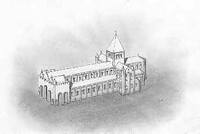
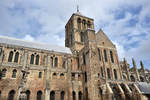
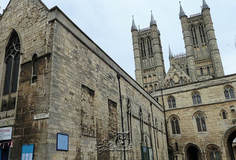
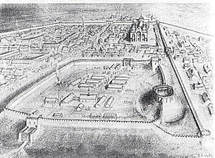
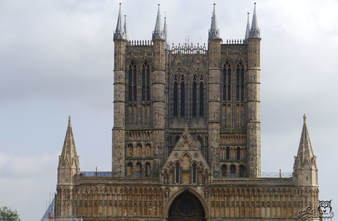
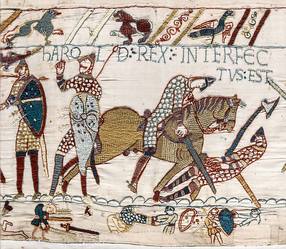
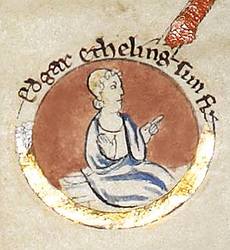
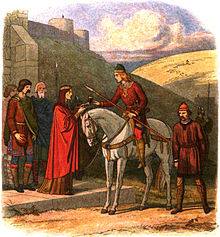

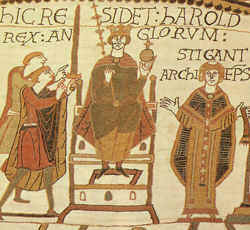
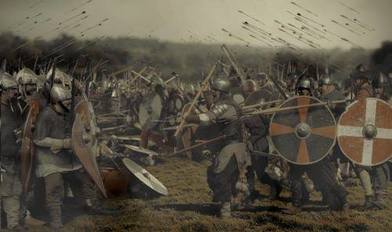
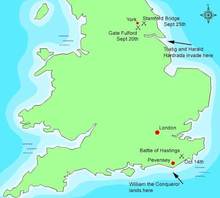
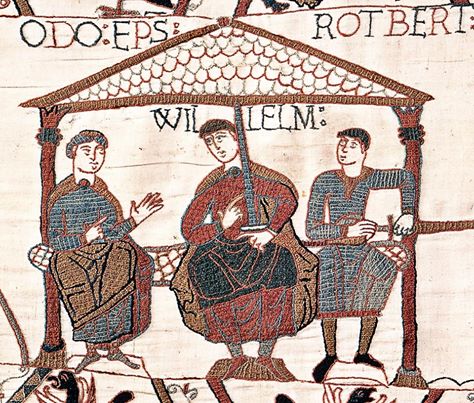

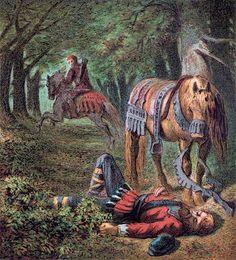

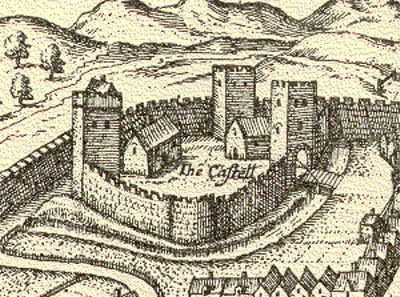



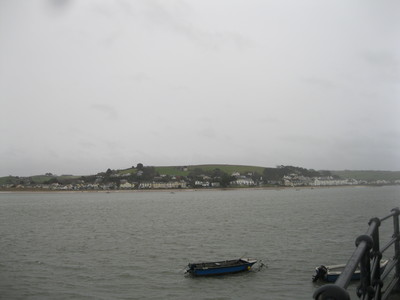


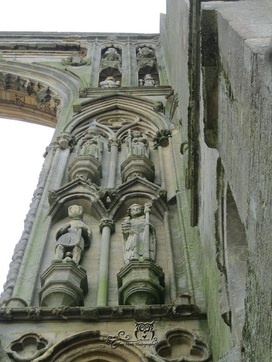

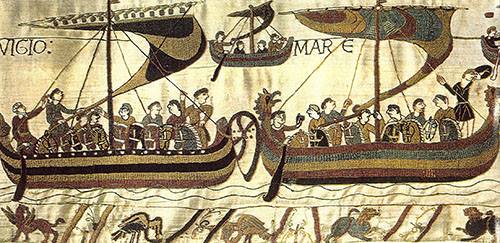
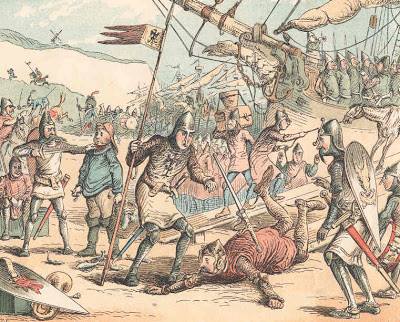
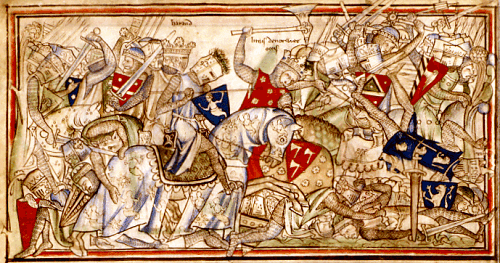
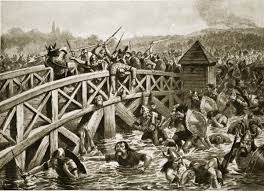


 RSS Feed
RSS Feed
